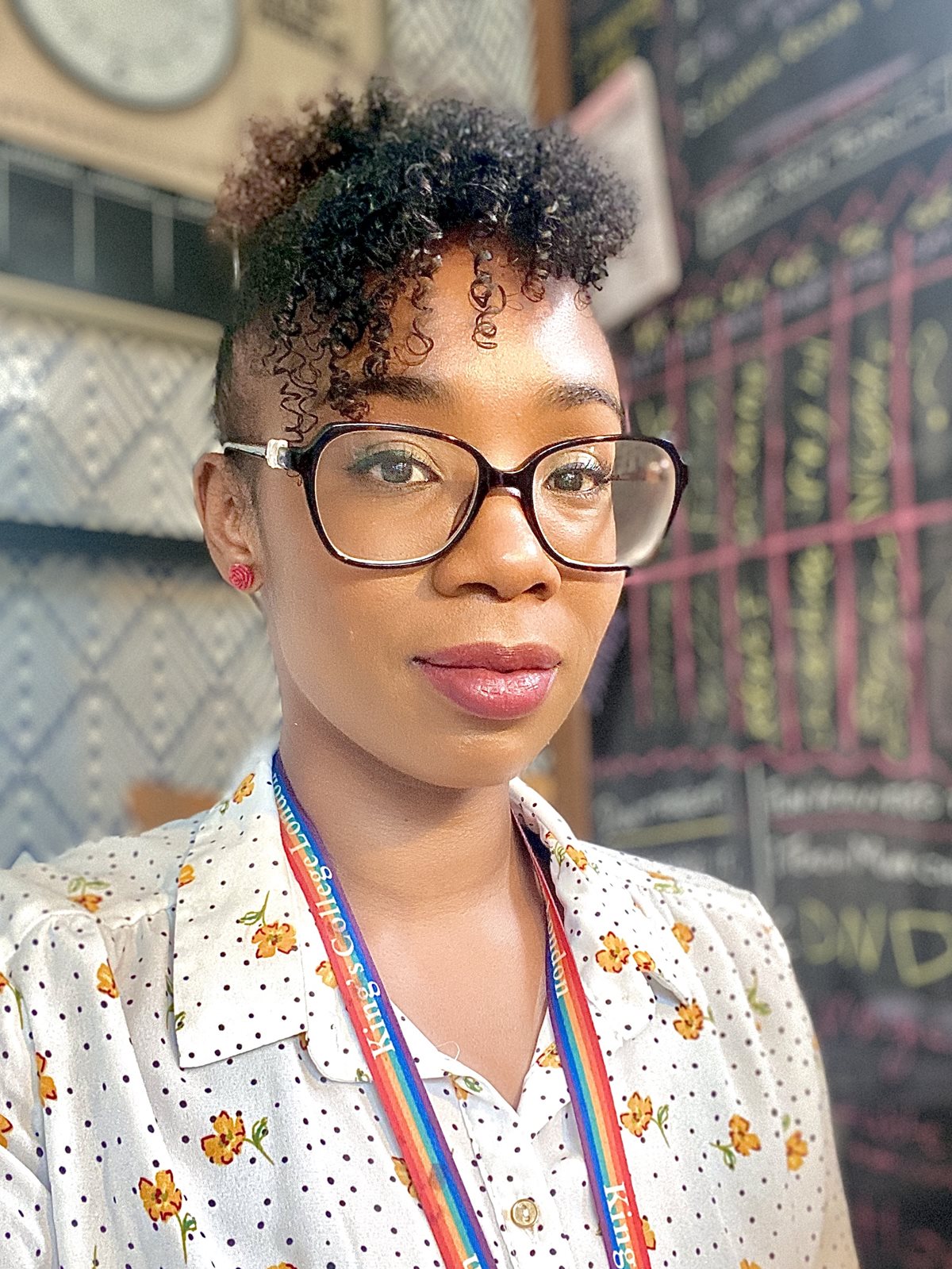Just before the Covid-19 lockdown in March, clinical academic sonographer, Jackie Matthew, heard that she had been become one of a few radiographers to have been awarded a National Institute for Health Research (NIHR) clinical doctoral research fellowship award.
Open only once a year, recipients are paid a ‘personal award’ which includes a salary (as each person works as a clinical research fellow), tuition fees for the PhD, research costs for the project and a budget for conferences and training courses.
Jackie said, “As a sonographer and radiographer it is amazing to have an opportunity like this. Out of 140 AHPs who have an active NIHR personal award there are three diagnostic radiographers, including me, and three therapeutic radiographers.”
Jackie’s research starts in September and will be undertaken in partnership with King's College London and Guy's and St Thomas's NHS Trust. It will focus on using machine learning tools that provide promising reconstruction and analysis methods to assess the fetal facial and skull features for congenital anomalies.
“We know that 3D/4D ultrasound is much valued by parents, however for the fetal face it is rarely used clinically," Jackie said.
"My project will look at the trustworthiness the 3D reconstructed models from MRI and US in a prospective clinical trial. I will look at facial and cranial biometry, as well as anatomical assessments to characterise structural anomalies or subtle craniofacial dysmorphic features possibly related to genetic conditions.
“There are conditions that we don't directly try and screen for or diagnose with ultrasound prenatally, for example, craniosynostosis (premature fusion of the skull bones) is hard to detect.
"If these tools and techniques work well there could be a new way of assessing a baby before birth, which means that they can be offered the best care as early as possible, giving parents time for high quality counselling and to prepare.”
One of the most important elements of Jackie’s work will be the conversations with parents who have experience of antenatal ultrasound, or who may have received a diagnosis related to craniofacial conditions that may require further evaluation from a modality like MRI.
“Something that is very important to me is how to make sure that the way I recruit into the study is reflective of the population that my NHS trust serves. From the outset, I want to engage with parents of all backgrounds to find out what would encourage them to get involved in research," she said.
“In the pregnancy studies I have been involved with over the years, I have seen first-hand the difficulties in recruiting diverse groups which can result in biased data. I plan to collaborate with local midwifery research and community groups to gain ideas on how to make recruitment to these types of studies more inclusive.
Jackie encourages radiographers and sonographers to become involved in research and apply for a NIHR research grant to add to the overall body of knowledge and enhance their own career paths.
“The application rounds are extremely competitive and the application process as a whole is very thorough, taking up to a year to produce a competitive application, but it is definitely worth the effort. The stakes feel very high during the process and it has been essentially one of the toughest and best things I have ever done,” Jackie commented.
“There are many reasons why there are so few radiographers actively engaged in research compared to other AHPs, and I understand that there are many unique barriers to radiographer led research. Issues that the SCoR actively looks at in the Research Group, of which I am a member.
"However, I would recommend to anyone that they give it a try.”
Follow Jackie on twitter @jackiematthewJM and on instagram @iscanbabies to keep up to date with her project and PhD journey.
